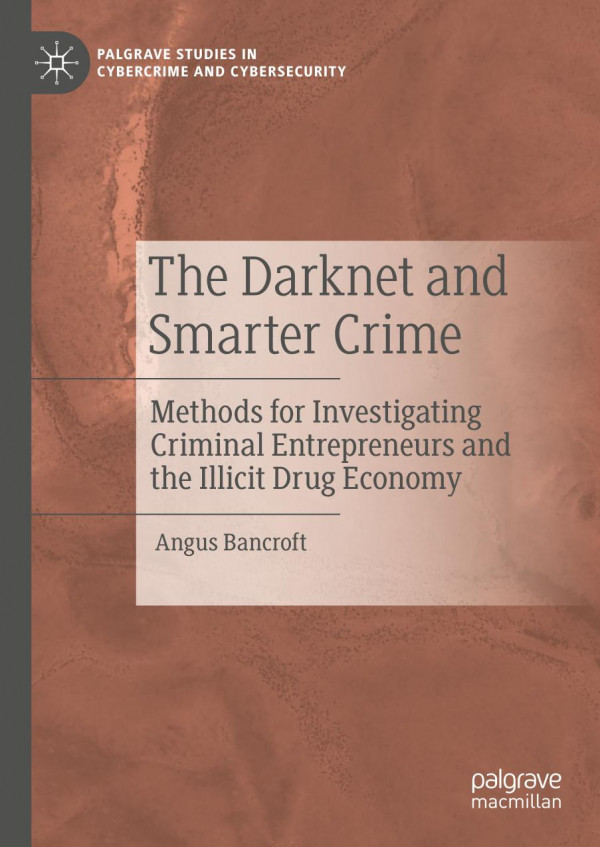

Most ebook files are in PDF format, so you can easily read them using various software such as Foxit Reader or directly on the Google Chrome browser.
Some ebook files are released by publishers in other formats such as .awz, .mobi, .epub, .fb2, etc. You may need to install specific software to read these formats on mobile/PC, such as Calibre.
Please read the tutorial at this link: https://ebookbell.com/faq
We offer FREE conversion to the popular formats you request; however, this may take some time. Therefore, right after payment, please email us, and we will try to provide the service as quickly as possible.
For some exceptional file formats or broken links (if any), please refrain from opening any disputes. Instead, email us first, and we will try to assist within a maximum of 6 hours.
EbookBell Team

4.0
66 reviewsThis book draws on research into darknet cryptomarkets to examine themes of cybercrime, cybersecurity, illicit markets and drug use. Cybersecurity is increasingly seen as essential yet it is also a point of contention between citizens, states, non-governmental organisations and private corporations as each grapples with existing and developing technologies. The increased importance of privacy online has sparked concerns about the loss of confidentiality and autonomy in the face of state and corporate surveillance on one hand, and the creation of ungovernable spaces and the facilitation of terrorism and harassment on the other. These differences and disputes highlight the dual nature of the internet: allowing counter-publics to emerge and providing opportunities for state and corporate domination through control of the data infrastructure.
The Darknet and Smarter Crime argues that, far from being a dangerous anarchist haven, the darknet and the technologies used within it could have benefits and significance for everyone online. This book engages with a number of debates about the internet and new communication technologies, including: surveillance and social control, anonymity and privacy, the uses and abuses of data encryption technologies and cyber-cultures and collective online identities